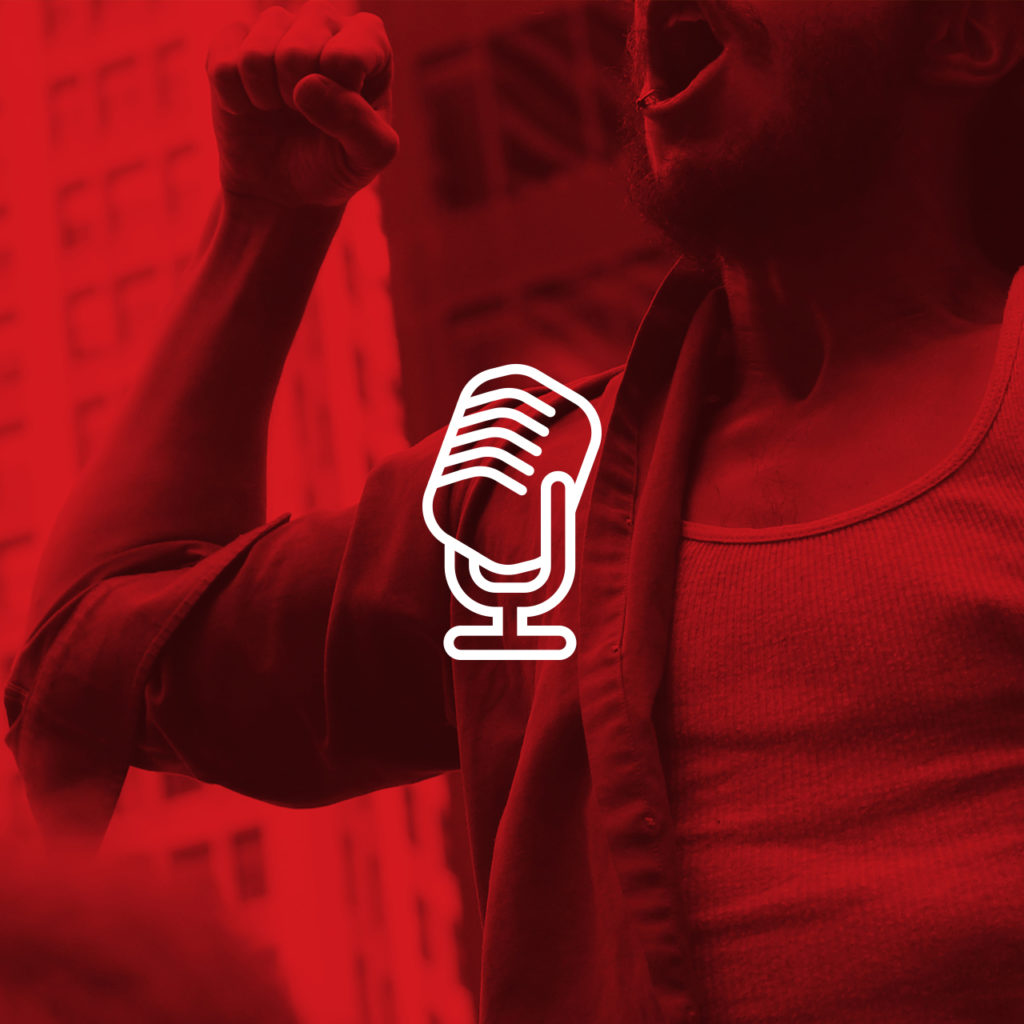Yesterday, authorities in Dhaka, Bangladesh shut down some internet services for several hours, including blocking access to Facebook, Whatsapp, and Viber. Service was later restored, but key services remain offline. The Bangladesh Telecommunication Regulatory Commission confirmed to a Bangladeshi news site that: “Social media platform Facebook and other online messaging and calling services have been blocked in the country on Wednesday on security grounds.”
We appreciate this transparency from Bangladeshi authorities. However, disclosing the shutdown does not justify it, nor does it account for the harms shutdowns cause to human rights or the economy. The Commission’s vague explanation also demonstrates the challenge with shutdown orders: they are often issued to telecommunications companies behind closed doors, and provide only general information about justification, reach, duration, or underlying legal authority. We can speculate that the Commission ordered the shutdown because of events surrounding an important judgment in a trial of the perpetrators of human rights abuses that took place during Bangladesh’s war of independence from Pakistan. But rumors also circulated that the shutdown was related to a popular literary festival. Your guess is as good as ours.
The latest shutdown in Dhaka shows worrying backsliding to the use of internet shutdowns as a blunt instrument to deal with threats to national security. It also solidifies the South Asia region as a hub for these intentional disruptions, given that Pakistan (PDF) and the Indian provinces of Gujarat and Kashmir have also chosen to disrupt networks in the past few months.
Worse, it looks as though lawmakers around the world are seeing threats to national security as a justification for undermining the open internet.
Yesterday, Representative Joe Barton, a member of U.S. Congress from Texas, asked the Federal Communications Commission (FCC) whether Congress should give the agency the power to block websites as a way to fight the Islamic State of Iraq and Syria (ISIS) in the aftermath of the attacks in Paris and Beirut. For three years, the U.S. Department of Homeland Security has fought requests to share information about a U.S. internet “kill switch” policy known as Standard Operating Procedure 303, which would purportedly allow the government to shut down mobile communications in the face of an emergency. China, too, has proposed draft regulations that would codify the use of internet shutdowns in law.
No matter where they take place, internet shutdowns can never be justified under international human rights law — even in times of conflict. They also threaten safety. Rather than restoring order, they cut off access to vital information and prevent people from accessing emergency services. Following the attacks in Paris and bombings in Nigeria, for example, Facebook turned on its “Safety Check,” which allows people to confirm that they are safe. But they could not do that if Facebook is blocked in the name of “security.”
In many cases, shutdowns are only a precursor to other human rights violations. A government may crack down on protesters and dissidents, for example. And if there is a shutdown, it makes it harder for journalists to report on those violations. This can strand people who are in need of emergency help because no one knows what’s going on.
If you or anyone you know is affected by this disruption in Bangladesh, we encourage you to contact us. You can also check back here for updates or follow us on Twitter or on Facebook.
photo by Wonderlane on a Creative Commons license
